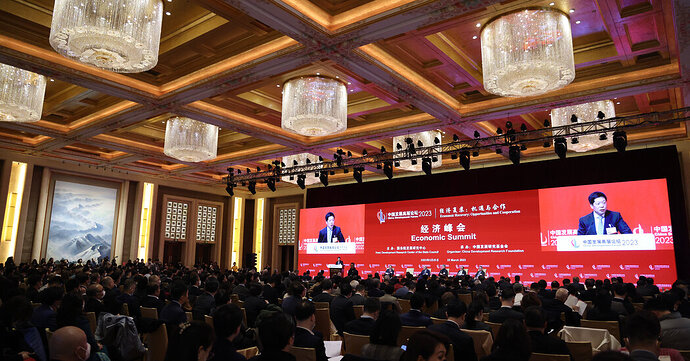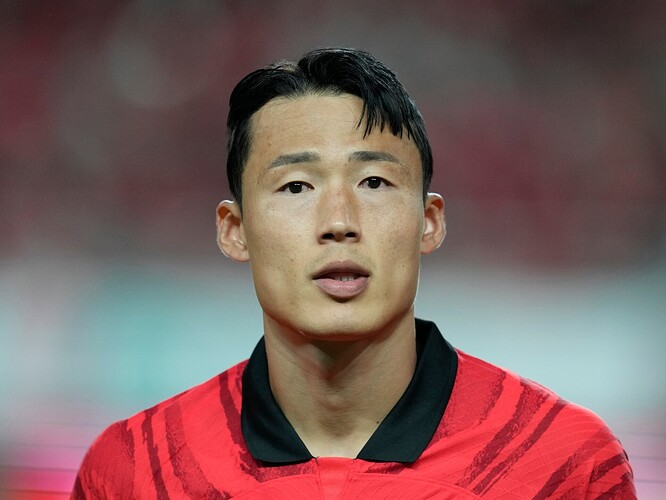Xi Jinping is the current General Secretary of the Communist Party of China and the President of the People’s Republic of China. He has been in office since 2012 and is widely considered one of the most powerful leaders in Chinese history. Xi Jinping’s policies have focused on strengthening the Communist Party’s control over Chinese society, promoting economic growth, and forging a more assertive foreign policy.
Early Life and Education
Xi Jinping was born on June 15, 1953, in Beijing, China. His father, Xi Zhongxun, was a prominent member of the Communist Party who fought alongside Mao Zedong in the Chinese Civil War. As a result, Xi Jinping grew up in a privileged environment, surrounded by high-ranking officials and bureaucrats.
In 1969, during the height of the Cultural Revolution, Xi Jinping was sent to work in the countryside in Shaanxi province. He spent seven years in the village, where he worked as a farmer and learned about the struggles of rural Chinese. This experience had a profound impact on him and shaped his worldview.
After the Cultural Revolution, Xi Jinping studied chemical engineering at Tsinghua University in Beijing. He later pursued graduate studies in Marxist theory and ideology at the School of Humanities and Social Sciences at Tsinghua University.
Early Political Career
In 1974, Xi Jinping joined the Communist Party of China. He began his political career as an official in Hebei province, where he served as a county-level official and later as the deputy secretary of the provincial party committee.
In 1985, Xi Jinping was transferred to Fujian province, where he served as the provincial party chief for five years. During his tenure in Fujian, he was credited with launching a series of reforms that boosted the province’s economy and improved the living standards of its people.
In 2002, Xi Jinping was appointed the party chief of Zhejiang province, where he continued to promote economic development and modernization. He also focused on cracking down on corruption and improving governance.
Rise to Power
In 2007, Xi Jinping was appointed to the Politburo Standing Committee, the highest decision-making body in China. At the time, many analysts saw him as a compromise candidate who could unify factions within the Communist Party.
In 2010, Xi Jinping was named Vice President of China, a position that put him in line to succeed President Hu Jintao. In November 2012, Xi Jinping was elected General Secretary of the Communist Party of China, solidifying his position as the country’s most powerful leader.
Political Philosophy and Policies
Xi Jinping’s political philosophy is often referred to as ‘Xi Jinping Thought,’ which is based on the idea that the Communist Party of China is the core of Chinese society and that the party’s leadership is essential for the country’s continued success.
Under Xi Jinping’s leadership, China has embarked on a series of ambitious economic reforms, including promoting innovation and technological development, boosting consumption, and increasing foreign investment. Xi has also worked to strengthen the rule of law, promote education, and improve social welfare programs.
Additionally, Xi Jinping has sought to promote a more assertive foreign policy, particularly in the South China Sea and East China Sea. China has also launched ambitious infrastructure projects, such as the Belt and Road Initiative, which seeks to link China with countries across Asia, Africa, and Europe.
Criticism and Controversies
While Xi Jinping is widely regarded as a powerful and effective leader, his policies have also drawn criticism from domestic and international observers. Some have accused him of cracking down on dissent, suppressing freedom of speech, and stifling political opposition.
Moreover, China’s growing influence in world affairs and its territorial claims in the South China Sea have caused tensions with other countries, particularly the United States. Some critics have accused Xi Jinping of promoting a revisionist agenda that seeks to challenge the global order established after World War II.
Nevertheless, Xi Jinping remains a popular figure in China, where many people perceive him as a strong and decisive leader who has helped to transform the country into a modern and prosperous nation.
Disclaimer
6do Encyclopedia represents the inaugural AI-driven knowledge repository, and we cordially invite all community users to collaborate and contribute to the enhancement of its accuracy and completeness.
Should you identify any inaccuracies or discrepancies, we respectfully request that you promptly bring these to our attention. Furthermore, you are encouraged to engage in dialogue with the 6do AI chatbot for clarifications.
Please be advised that when utilizing the resources provided by 6do Encyclopedia, users must exercise due care and diligence with respect to the information contained therein. We expressly disclaim any and all legal liabilities arising from the use of such content.















